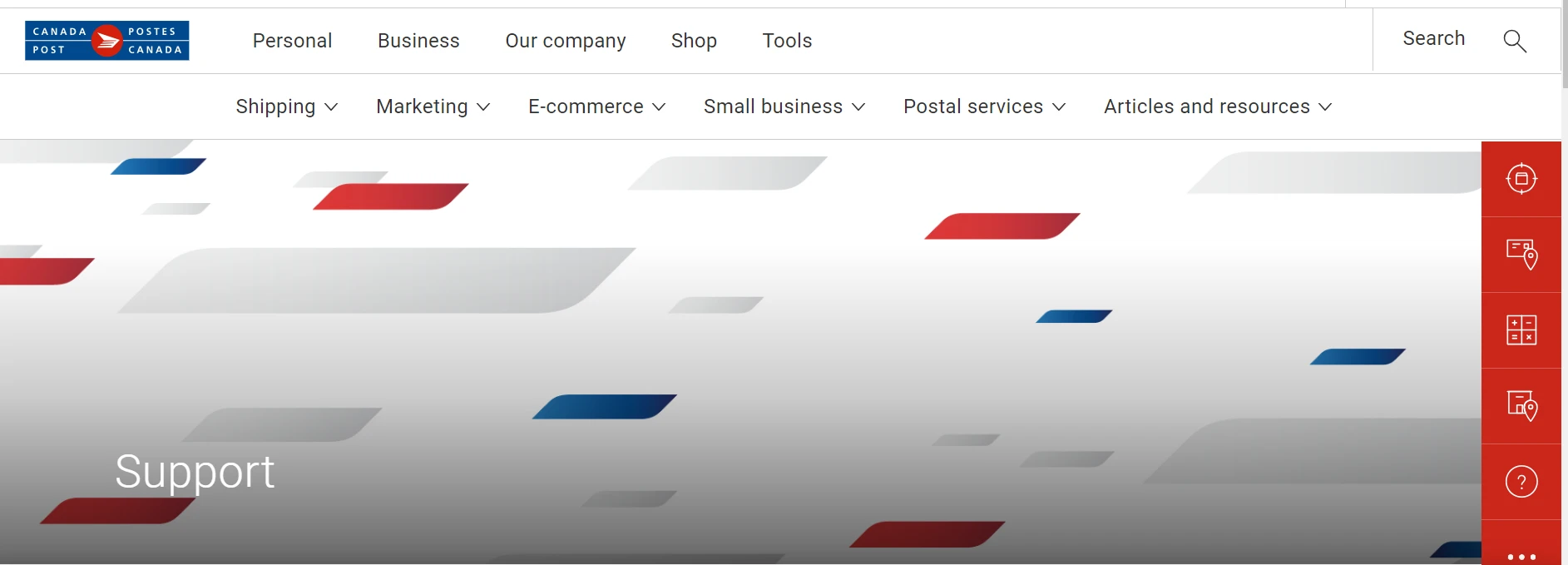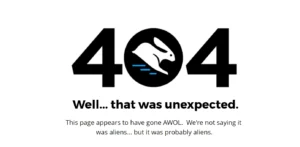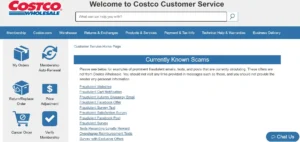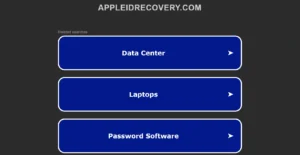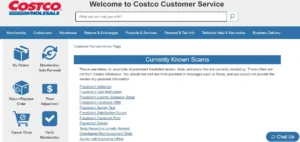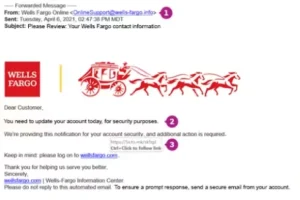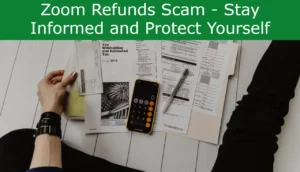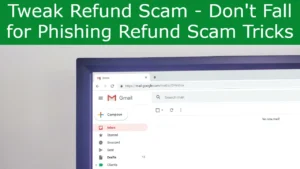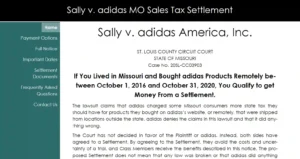Are you expecting a package from Canada Post? Be careful! There’s a new scam going around that targets unsuspecting recipients with fake delivery texts.
The message asks you to click on a link to verify your address, but beware: it’s a trap.
In this article, we’ll explain how this Canada Post Logistics scam works, point out red flags in fake delivery texts, and provide tips on protecting yourself from falling victim to this fraudulent scheme.
Stay informed and stay safe!
Table of Contents
How the Canada Post Logistics Scam Works
You should be aware of how the Canada Post Logistics scam works.
Scammers send out fake delivery text messages, claiming to be from Canada Post, asking you to click on a link to verify your address. The text messages may seem convincing, using official logos and language that appears legitimate.
However, if you click on the link, you’ll be directed to a fake website that mimics the Canada Post website. The scammers will then ask you to enter personal information, such as your name, address, and credit card details. Once you provide this information, the scammers can use it for identity theft or fraudulent activities.
It’s important to remember that Canada Post will never ask you to provide personal information through text messages. If you receive such a message, delete it immediately and report it to the authorities.
Stay vigilant and protect yourself from falling victim to this scam.
Red Flags to Watch Out for in Fake Delivery Texts
Be on the lookout for certain warning signs that can help you identify fake delivery texts and protect yourself from falling victim to the Canada Post Logistics scam.
There are several red flags to watch out for in these fraudulent messages.
- First, pay attention to the sender’s name or number. Legitimate delivery notifications usually come from reputable courier companies, such as Canada Post, and not from random or unfamiliar sources.
- Second, be wary of any text that asks you to click on a link to verify your address or personal information. Legitimate delivery services typically don’t require you to provide sensitive details through text messages.
- Lastly, be cautious if the text contains spelling or grammatical errors, as this could indicate a scam.
Stay vigilant and always double-check before clicking on any suspicious links.
Potential Risks of Clicking on the Verification Link
Clicking on the verification link in a fake delivery text can expose you to potential risks that could compromise your personal information and cybersecurity. These risks include falling victim to phishing attacks, malware infections, and identity theft.
By clicking on the link, you may unknowingly provide cybercriminals with access to your sensitive data, such as passwords, credit card details, or social security numbers. This information can then be used for fraudulent activities, such as making unauthorized purchases or opening accounts in your name.
Additionally, the verification link may lead you to a website that’s designed to infect your device with malware, which can give hackers unauthorized access to your device and network.
Therefore, it’s essential to exercise caution and avoid clicking on any suspicious links to protect yourself from these potential risks.
Tips to Protect Yourself From Falling for the Scam
To protect yourself from falling for the Canada Post Logistics scam, it’s important to follow these tips.
First, be cautious of any unexpected delivery text messages asking you to click on a link to verify your address. Canada Post doesn’t typically send verification links via text message.
Second, verify the legitimacy of the message by contacting Canada Post directly through their official website or customer service hotline.
Third, never provide personal or financial information through text messages or unsecured online forms.
Fourth, regularly update your antivirus and anti-malware software to protect against potential scams.
Lastly, trust your instincts and be skeptical of any suspicious messages or requests.
What to Do if You Receive a Fake Delivery Text
If you receive a fake delivery text, immediately report it to the appropriate authorities. Don’t click on any links or provide any personal information. This is essential to protect yourself and others from falling victim to scams.
Contact your local law enforcement agency and provide them with all the details of the text message, including any phone numbers or website links that were included. You should also notify the company that the text message claims to be from, such as Canada Post, so they can be aware of the scam and take appropriate action.
Conclusion
In conclusion, it’s important to be vigilant and cautious when receiving delivery texts, especially those asking you to click on a verification link. The Canada Post Logistics scam preys on unsuspecting individuals by tricking them into revealing personal information or downloading malware.
By recognizing red flags, such as grammatical errors or suspicious sender information, and following tips to protect yourself, you can avoid falling victim to this scam.
If you do receive a fake delivery text, report it to the authorities and delete it immediately.
Also Read:
Immediate Matrix Scam – Immediate Matrix Trading Exposed
North Strategic Advertising Scam – Phishing MLM Scams Email
Also Read:
Androphan Adp Recruitment Scam – Don’t Fall Victim
Kent Brushes UK Scam – 1.6m Stolen in 20 Minutes
Also Read:

